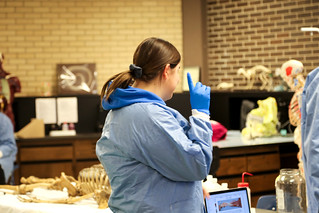
< Back to Assessment of Student Learning
Assessment is viewed as continuous improvement. It is the driving force that can build a more effective and meaningful course, program, degree, and a more robust and rewarding educational experience for Barton students.
With faculty members across the country, we want all instructors to feel involved and have the same opportunity for professional development regardless of where teaching occurs. As resources and training videos become available, they will be made accessible here.
Handbooks
Assessment Process Handbook
Co-Curricular Assessment Process Handbook
Program Learning Outcomes Guide
Professional Development
Literature
Additional texts from leading authors on the cutting edge of the Assessment of Student Learning have been added to the large collection of books available at our library. For staff and instructors without direct access to the main campus, contact the Library for more information and assistance with an inter-campus library loan so that these can be made available to you. Learn more about the LRC Assessment Resources.
Education
Barton’s Assessment Academy project consisted of the following goals: Develop Co-Curricular and Program Assessment, automate the data collection and documentation assessment processes (as possible), and improve communication and education regarding assessment for faculty and staff.
The culmination of the project was the development of Barton’s Assessment Institute, an in-house training program developed to educate faculty and staff on the assessment of student learning and to develop the next generation of assessment leaders at Barton who will be thoroughly equipped to lead, maintain the processes established, and further sustain the work done with the Assessment Academy.
Why does it matter to you?
The staff and faculty at Barton are continually working to improve. They are interested in knowing how their students learn and how to improve their teaching methods. What instructors learn about their students and how well they learn the material will affect how the information is presented to the next class and the one after that in a continuous cycle of improvement.